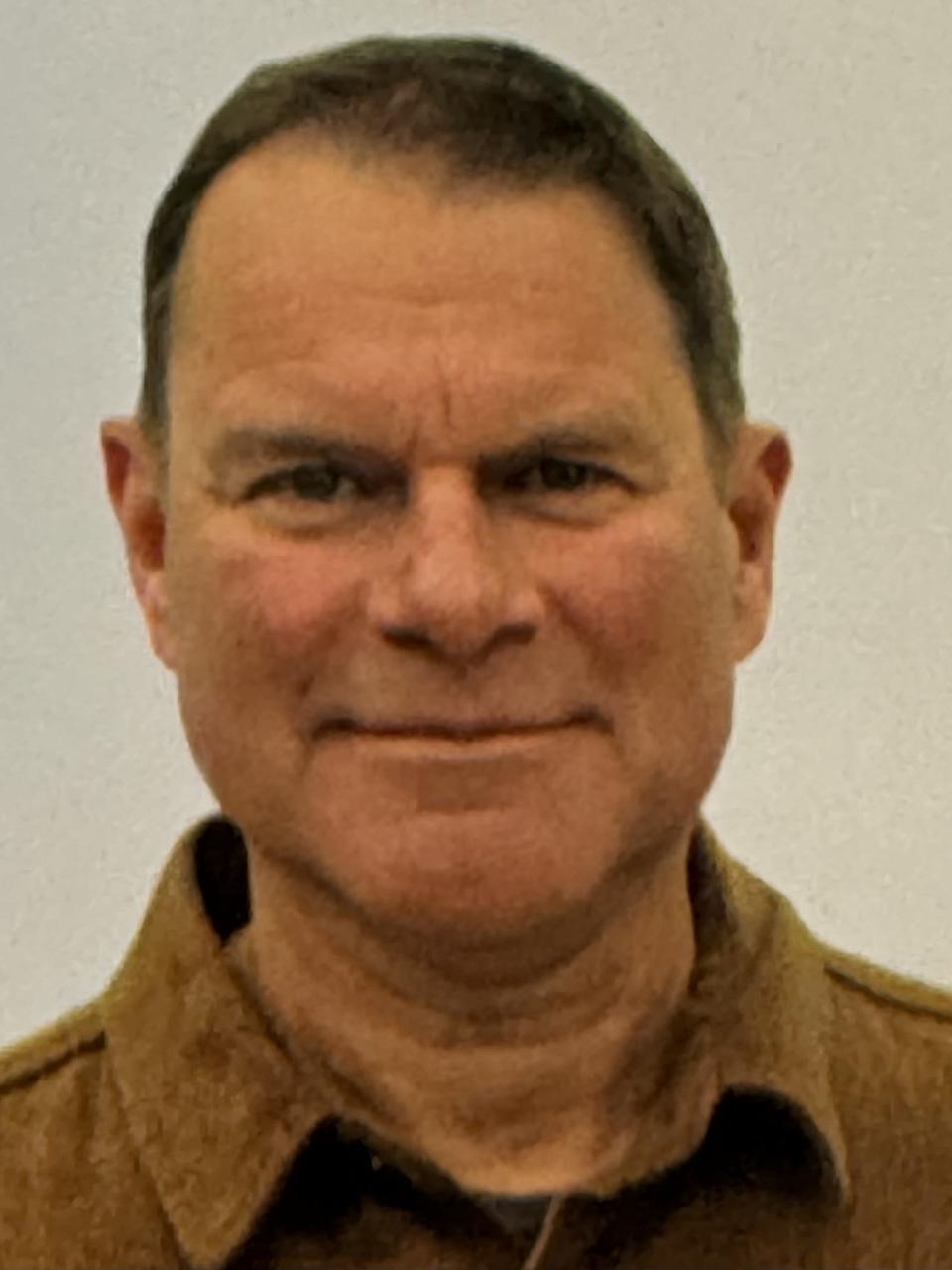Voices of U of U Health
Career Retrospective: Osman Sanyer Reflects on 40 Years in Family Medicine and Education
I grew up as a first-generation son of immigrants who came to the U.S. after World War II. My parents taught me and my sister the value of doing one’s best work, appreciating the resources we had as a family, and trying to make our world a better place for those around us.
These values guided my medical career. In 1986, I started as a family physician with Community Health Centers in the Salt Lake Valley. Now, I’m retiring after 27 years as a clinician, educator, and academic program leader in the Department of Family and Preventive Medicine at the University of Utah.
I look back on my career with gratitude and look forward with a sense of curiosity about what comes next. Some of my most meaningful contributions to enhance family medicine training at the U are highlighted in this blog.
Expanding Family Medicine Residency Curriculum

In 1997, I moved into a full-time role as associate program director for the Family Medicine Residency program at the University of Utah. It was an opportunity to develop academic leadership skills while helping shape the next generations of family physicians.
Over the next 17 years, I held various leadership positions, including residency program director. While serving in these roles, many improvements were made to the residency curriculum, including opportunities for structured research and additional training in continuous quality improvement, health policy advocacy, addiction medicine, and integrative health.
During the last decade of my career, I worked with colleagues to develop a stronger focus on behavioral health. Today, residents are equipped with the skills to handle a wide range of mental health issues. With this training, they can provide better care for their future patients.
Another important aspect of our family medicine residency curriculum is obstetrical training. In 2022, in partnership with Community Health Centers, we received a five-year grant from the Health Resources and Services Administration to add more elective rotations in high-risk obstetrics.
The family medicine program collaborated with the Department of Obstetrics & Gynecology and Salt Lake Community Health Center to expand fellowship training for family physicians interested in providing operative obstetric services in rural and underserved communities. This continued emphasis on obstetrical training aligned well with my early career interests. Maternal and child health care was a significant part of my clinical practice for the first 20 years as a family physician.
Serving Every Patient in Every Setting
Throughout my career, I have worked hard to raise the level of respect for family medicine as a discipline within the University of Utah Health system.
Our faculty team has grown dramatically in size and capability. As a result, faculty research output increased significantly. Over the last 20 years, the program has become known for its excellence in clinical training, academic rigor, and preparing residents to serve, teach, and lead in a range of practice settings with a variety of populations.
For nearly two decades, I oversaw the resident recruiting process. Each year was a creative challenge to find and attract candidates best suited for our program’s educational goals and strengths. The early 2000s were the most difficult recruitment period. There were far more available residency spots than students interested in becoming family physicians.
In the last 10 years, we have been fortunate to attract exceptionally talented future family doctors. A focus on providing care to specific populations—including immigrants and former refugees, patients seeking gender-affirming care, those needing chronic disease management, and individuals struggling with addiction—prepares our graduates to practice and teach in a broad range of communities.

A Fulfilling Journey
Family medicine has evolved significantly over the last 40 years, and I feel fortunate to have been in the position to observe and contribute to these changes.
I’ve had the privilege of knowing and working with every department chair in the history of family and preventive medicine at the University of Utah. Each made unique contributions that advanced the department’s mission and made an impact on clinical, educational, and investigational efforts.
The relationships I developed with these leaders and faculty colleagues, students, and patients have truly enriched my life. I see my retirement as an opportunity to explore new interests and continue contributing to our medical community in new ways. Perhaps through consulting and mentoring.
I encourage future medical professionals to prioritize preventive care, advocate for policy changes to improve health care access for all, and develop the skills to more easily embrace change. Focusing on these areas can ensure a healthier future for our country.
